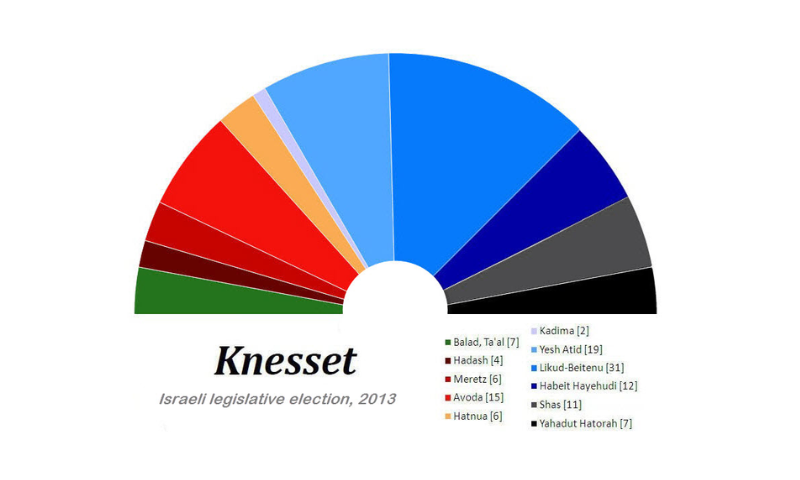John Podhoretz
Commentary Magazine, April 2023
“This government came to power through the same process as every other government in Israel’s history. Had the situation been reversed—had rightists taken to the streets against a legitimately elected left-of-center government—everyone from Haaretz’s anti-Zionists to Danny Gordis would have been awash in outrage at the attempt to interfere with proper democratic processes.”
In November 2022, for the first time in a nearly a decade, an election in Israel had a decisive outcome. The government that emerged from that election two months later was instantly unacceptable to other Israelis, who have since taken to the streets.
Over the past two months, the question I have been asked more than any other is: Can you explain what’s going on in Israel? The answer is not difficult: The right is seeking to enact an activist agenda, and that agenda angers, alarms, and/or terrifies everybody who didn’t vote for the parties of the right.
Those parties, together with the Likud party under the leadership of Benjamin Netanyahu, won 64 seats in the 120-seat Knesset. Thus, the results constituted a winning margin for the Netanyahu bloc of about 3 percent, roughly the same spread that separated George W. Bush from John Kerry in 2004.
This was the sixth national election in Israel since 2013, a year in which Netanyahu’s coalition scored 68 seats. That seven-seat margin appears to be a colossal majority by today’s standards, but that seemingly strong government lasted only 18 months. Netanyahu found it necessary to call early elections in 2015, and they went badly for him; his new coalition hit only the bare 61-seat minimum. From 2015 to 2019, Bibi hung on, defying electoral gravity by deploying dazzling political skills that kept his own always restive right flank from bringing his government down while concentrating his attention on foreign-policy matters that were decidedly non-ideological.
Then an inconclusive election in 2019 ushered in a period of staggering political and partisan stagnation during which four more elections were held. Netanyahu, who led a caretaker government, spent the years between 2019 and 2021 holding on to power like Harold Lloyd clinging to the minute hand of the skyscraper clock above Los Angeles. In 2021, a coalition united solely in its desire to unseat Netanyahu managed to glom itself together in slapdash fashion for a year or so, until it could no longer survive its internal contradictions. And finally, when the dust settled in the early morning of November 2, 2022, the anti-Bibi forces had fallen short and Netanyahu had won the day.
… [To read the full article, click here]


